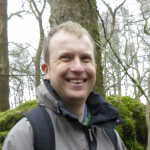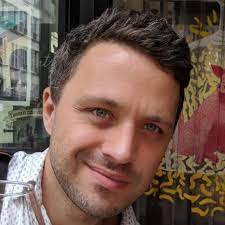
The 3D world around us is composed of a rich variety of objects: buildings, bridges, trees, cars, rivers, and so forth, each with distinct appearance, morphology, and function. Giving machines the ability to precisely segment and label these diverse objects is of key importance to allow them to interact competently within our physical world, for applications such as scene-level robot navigation, autonomous driving, and even large-scale urban 3D modeling, which is critical for the future of smart city planning and management.
Over the past years, remarkable advances in techniques for 3D point cloud understanding have greatly boosted performance. Although these approaches achieve impressive results for object recognition and semantic segmentation, almost all of them are limited to extremely small 3D point clouds, and are difficult to be directly extended to large-scale point clouds. [Bilibili Live] [YouTube Live]
The 1st Challenge on Large Scale Point-cloud Analysis for Urban Scenes Understanding (Urban3D) at ICCV 2021 aims to establish a new benchmark for 3D semantic segmentation on urban-scale point clouds. In particular, we prime the challenge with a dataset, called SensatUrban, which consists of large-scale subsections of multiple urban areas in the UK. With the high quality of per-point annotations and the diverse distribution of semantic categories, the SensatUrban dataset allows us to explore a number of key research problems and directions for 3D semantic learning in this workshop. We aspire to highlight the challenges faced in 3D semantic segmentation on extremely large and dense point clouds of urban environments, sparking innovation in applications such as smart cities, digital twins, autonomous vehicles, automated asset management of large national infrastructures, and intelligent construction sites. We hope that our dataset, and this workshop could inspire the community to explore the next level of 3D semantic learning. Specifically, We encourage researchers from a wide range of background to participate in our challenge, the topics including but not limited to:
- Semantic segmentation of large-scale 3D point clouds.
- Instance segmentation of 3D point clouds.
- Weakly supervised learning in 3D point clouds analysis.
- Learning from imbalanced 3D point clouds.
- 3D point cloud acquisition & visualization.
- 3D object detection & reconstruction.
- Semi-/weak-/un-/self- supervised learning methods for 3D point clouds.
Call for Contributions
Urban3D Challenges@ICCV'2021
The Urban3D Challenges are hosted on Codalab, and can be found at:
- SensatUrban dataset: http://point-cloud-analysis.cs.ox.ac.uk/
- SensatUrban API: https://github.com/QingyongHu/SensatUrban
- Urban3D Challenge: https://competitions.codalab.org/competitions/31519
More information on the respective challenges can be found on their pages.
Preliminary Program Outline
| 08:30-08:35 | Welcome Introduction |
| 08:35-09:20 | Invited Talk (Talk 1) |
| 09:20-10:05 | Invited Talk (Talk 2) |
| 10:05-10:10 | Coffee break |
| 10:10-10:20 | Awarding ceremony |
| 10:20-10:40 | Winner Talk (Track 1) + Q&A |
| 10:40-11:00 | Winner Talk (Track 2) + Q&A |
| 11:00-11:20 | Winner Talk (Track 3) + Q&A |
| 11:20-11:55 | Panel Discussion |
| 11:55-12:00 | Closing Remarks |
Invited Keynote Speakers
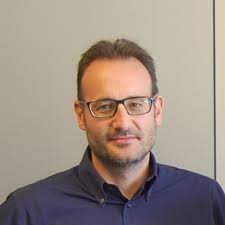
FBK Trento
3D point cloud classification with an eye on daily applications
Fabio Remondino is the head of the 3D Optical Metrology research unit at FBK - Bruno Kessler Foundation, a public research center in Trento, Italy. He received a PhD in Photogrammetry from ETH Zurich in 2006. His main research interests are in the field of reality-based 3D surveying and modeling, sensor and data fusion and 3D data classification. He is working in all automation aspects of the entire 3D reconstruction pipeline for applications in the industrial, environmental and heritage field. He is author of more than 200 articles in journals and conferences. He is involved in knowledge and technology transfer, organizing more than 30 conferences, 20 summer schools and 5 tutorials. Fabio is currently serving as Vice-President of EuroSDR and he was President of ISPRS Technical Commission V and II (2012-2021) as well as vice-President of CIPA Heritage Documentation (2015 to 2019).
Beyond Sliding Windows: Scaling Up 3D Deep Learning
Loic Landrieu received his PhD from INRIA and ENPC. He has since been a researcher at IGN, the French mapping agency, and focuses on developing new machine learning approaches for problems with spatial and temporal structures, such as the analysis of 3D point clouds or satellite time series. He is the main investigator of the ANR Ready3D on dynamic 3D analysis for autonomous driving. Committed to open and reproducible research, he has participated in several open-source projects and released open-access large-scale benchmarks.
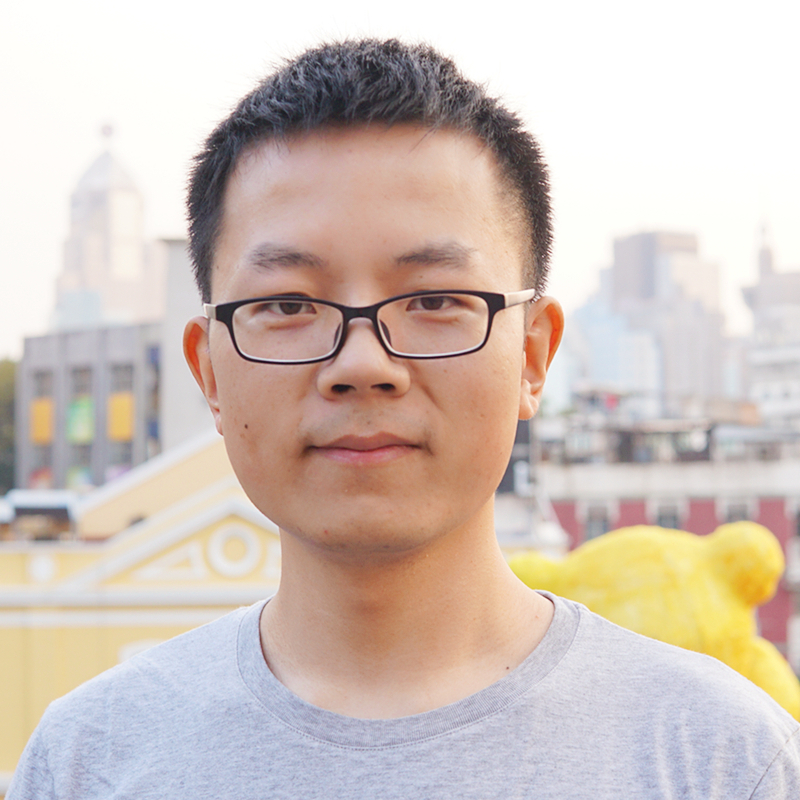
The University of Hong Kong (HKU)

Stanford University
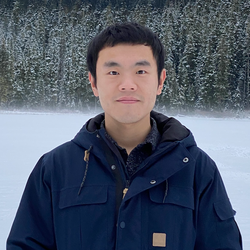
Massachusetts Institute of Technology
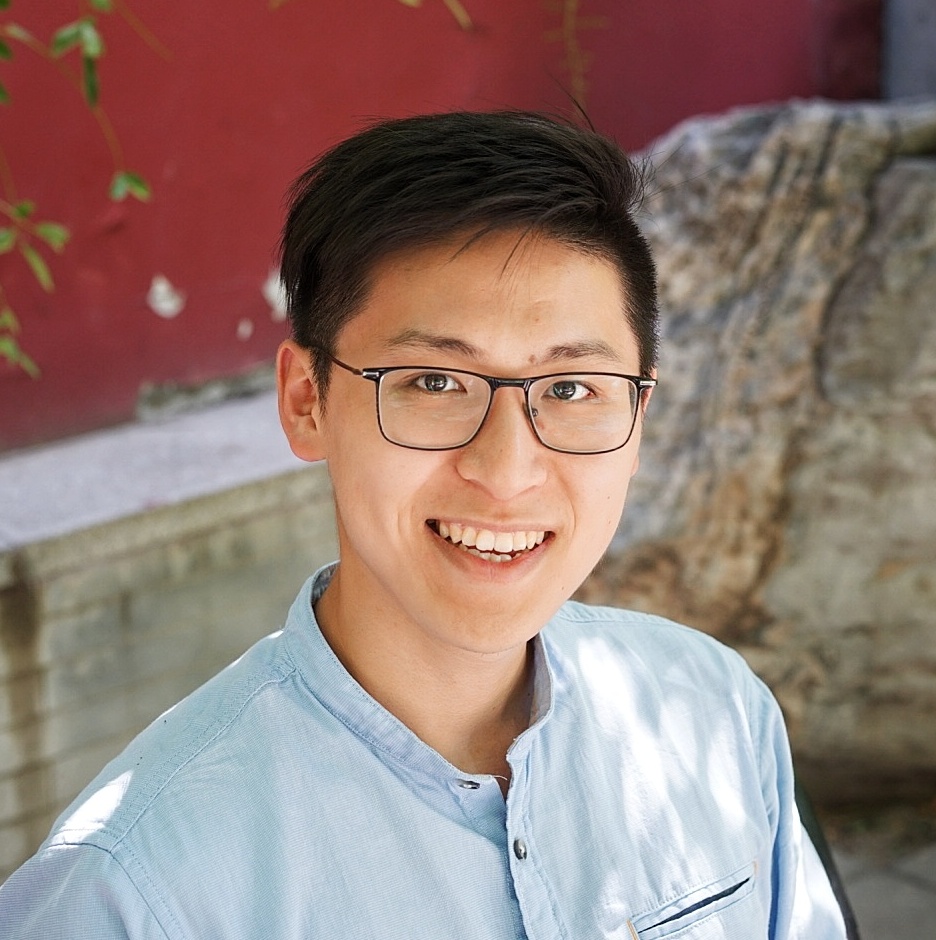
ETH Zurich and Max Planck Institute
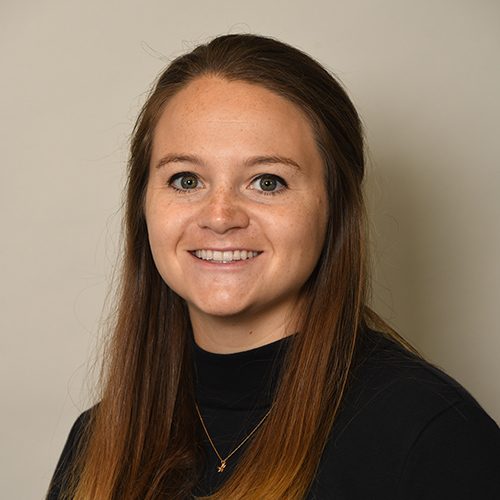
University of Dayton
Awards
Winner Award
sponsored by 
Team BUPT.BIGO.GAGO.WHU
IDS-Net: Improved Down-sampling Method for Semantic Segmentation of Class-imbalanced Large-Scale Point Clouds
Zeqiang Wei, Kai Jin, Kuan Song, Tianyu Xiu, Xiuzhuang Zhou, and Guodong Guo
2nd Place Award
Team Deep Bit Lab
City-scale point cloud semantic segmentation via coarse-to-fine small object refinement
Xu Yan, Zhen Li, Chaoda Zheng, Haiming Zhang, Jiantao Gao, Wending Zhou, Yinghong
Liao, Zhihao Yuan, Sheng Wang, Shuguang Cui
3rd Place Award
Team what‘s up?
Boosting Semantic Segmentation in Urban-Scale Point Clouds via Transformers
Zhuoxu Huang, Zhiyou Zhao, Banghuai Li, Huabin Huang, Ye Yuan
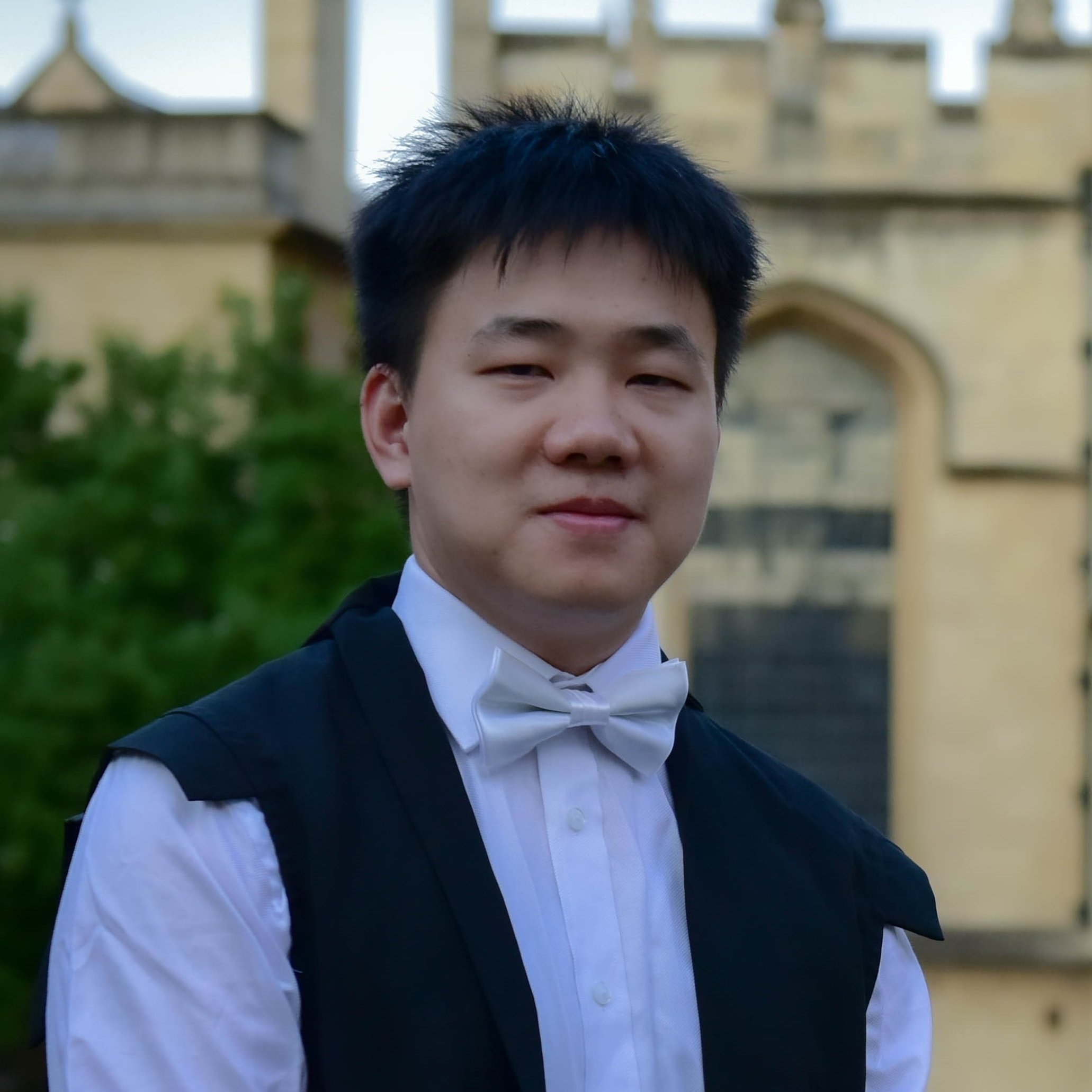
University of Oxford
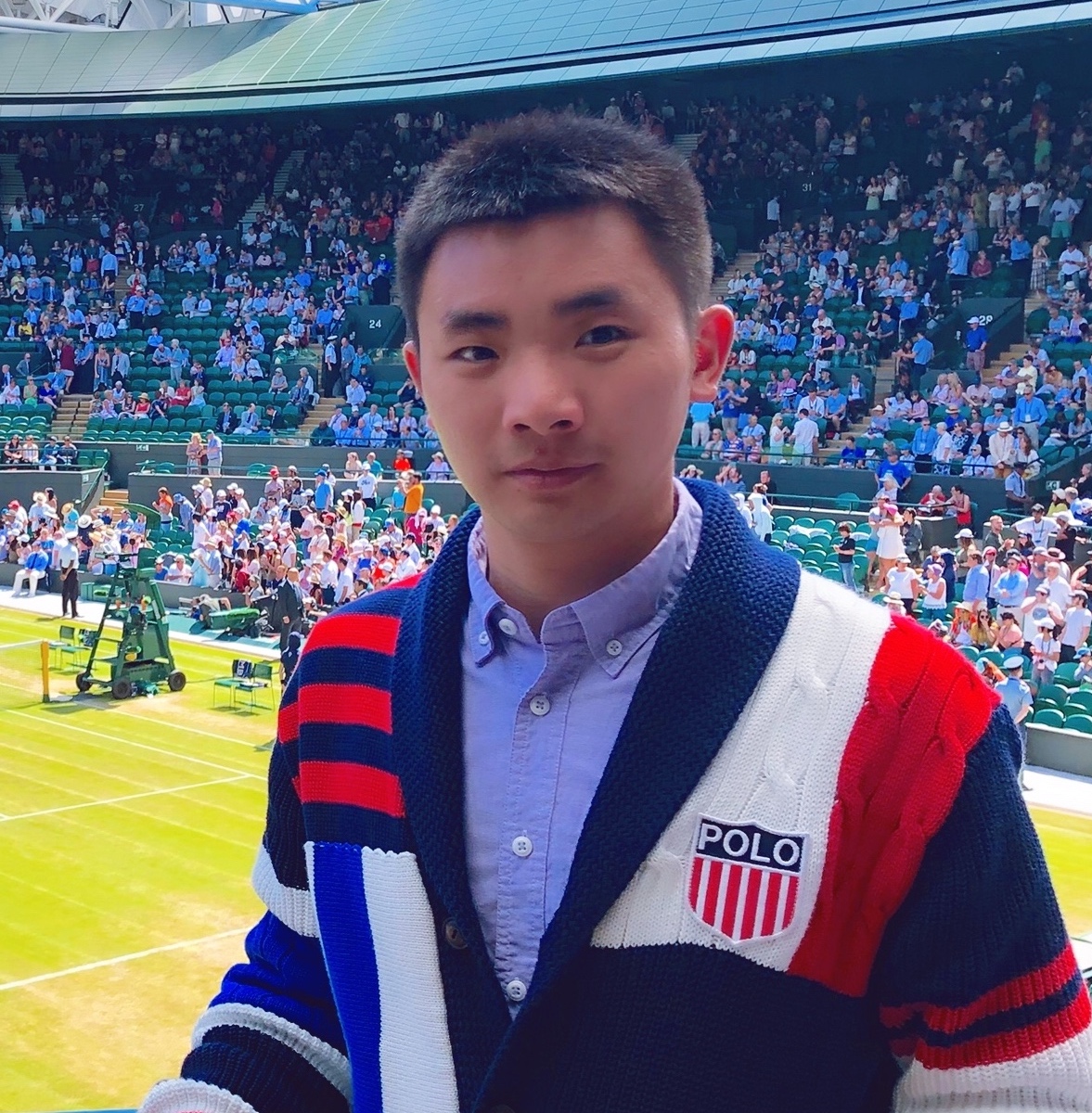
The Hong Kong Polytechnic University
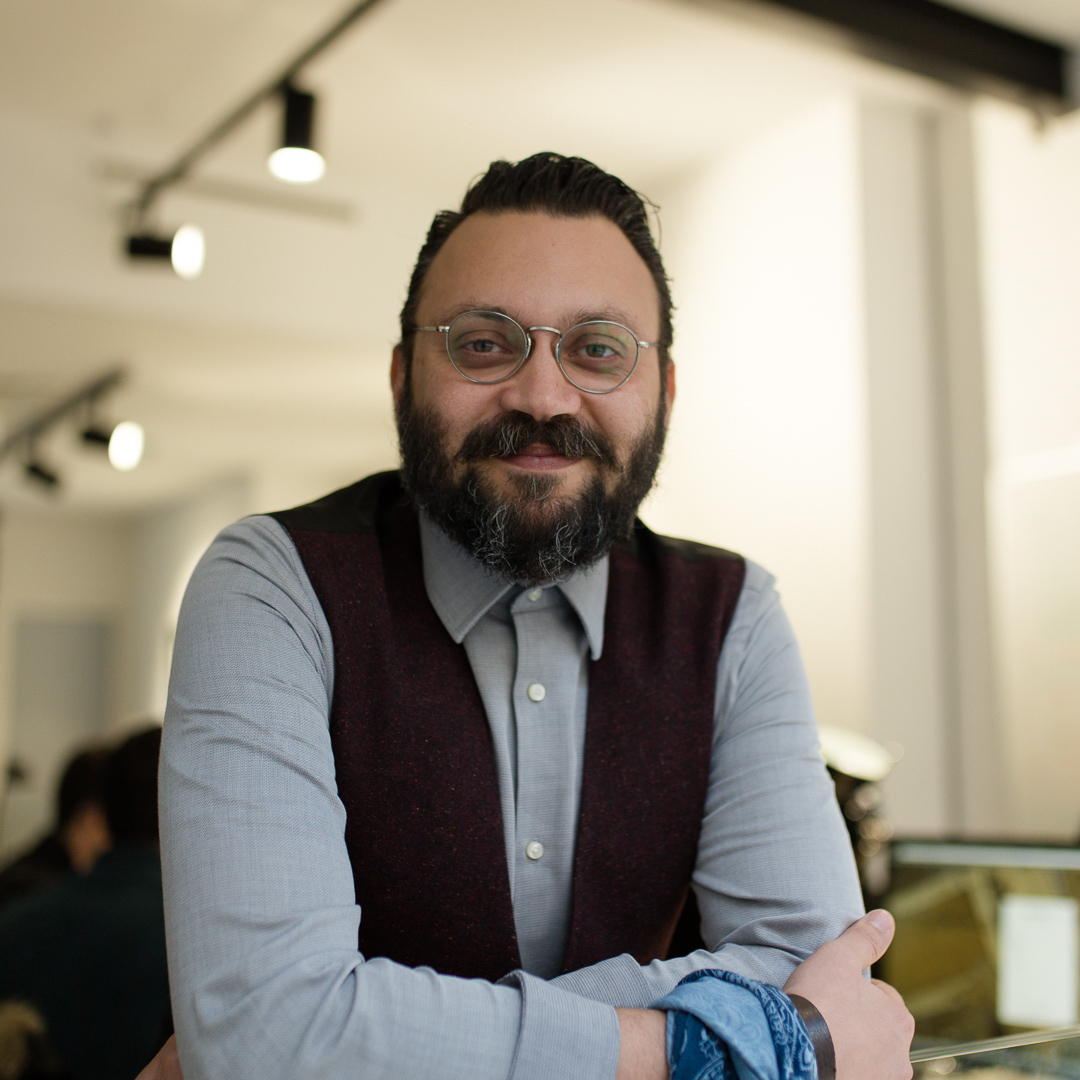
Sensat LTD.
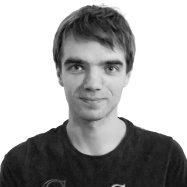
Imperial College London
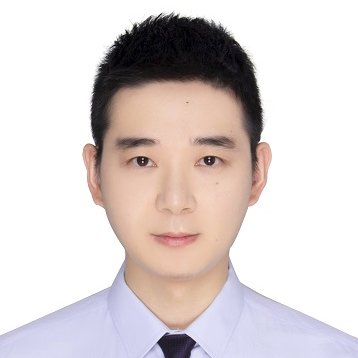
Newcastle University
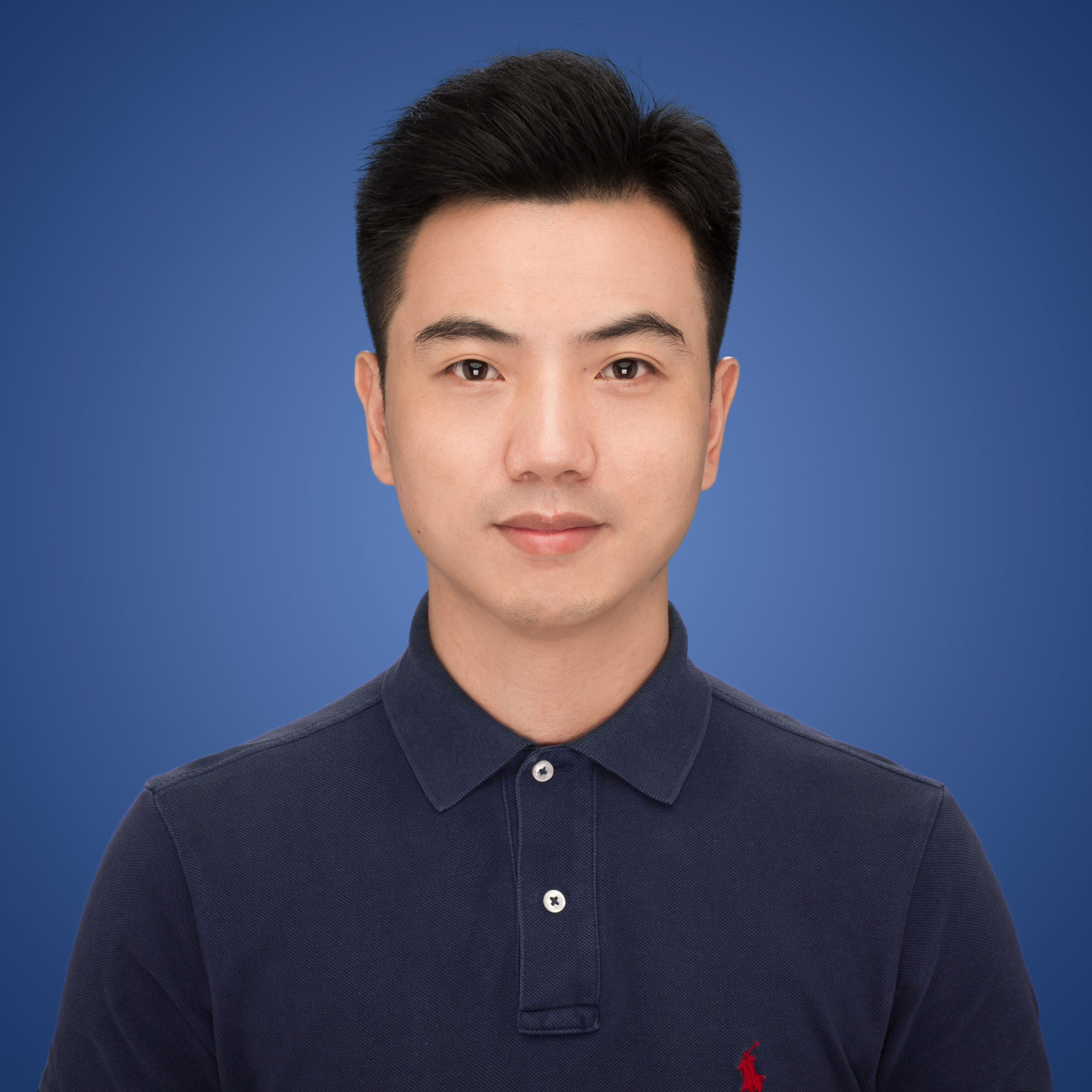
National University of Defense Technology

University of Birmingham
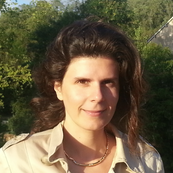
University of Oxford
